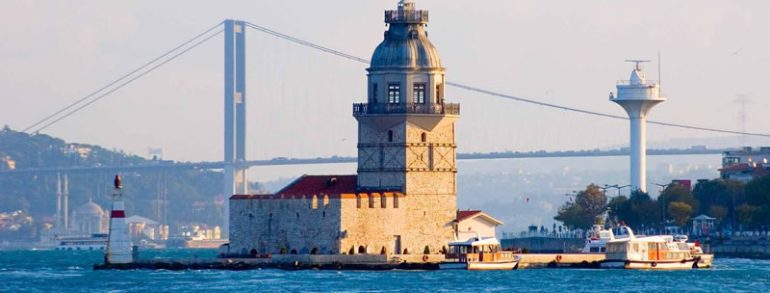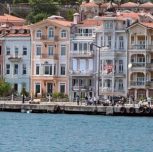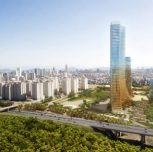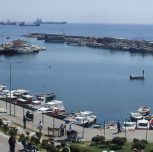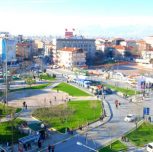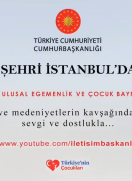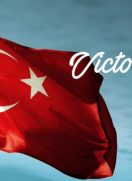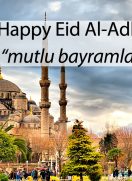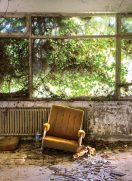Üsküdar (Turkish pronunciation: [ysˈcydaɾ]), formerly known as Scutari (Scutàrion, Σκουτάριον in Greek), is a large and densely populated district and municipality of Istanbul, Turkey, on the Anatolian shore of the Bosphorus. It is bordered on the north by Beykoz, on the east by Ümraniye, on the southeast by Ataşehir, on the south by Kadıköy, and on the west by the Bosphorus, with the areas of Beşiktaş, Beyoğlu, and Eminönü on the opposite shore. It is home to about half a million people. Üsküdar is also the usual name for the historic center of the municipality.
Etymology
Üsküdar was originally called "Skoutarion" (Byzantine Greek Σκουτάριον) during the Byzantine Empire. This word may have been used to describe the scutum shields that guards used that were made of leather. This is believed because the word scutari means "raw tanned leather." Others who visited the area called it Eksüdar or Escutaire.
Chrysopolis
Üsküdar was founded in the 7th century BC by ancient Greek colonists from Megara as "Chrysopolis" (Greek: Χρυσόπολις) 'golden city', a few decades before Byzantium was founded on the opposite shore. According to an ancient Greek geographer, the city received the name Chrysopolis because the Persian empire had a gold depository there or because it was associated with Agamemnon and Chryseis' son Chryses., while according to an 18th-century writer it received the name because of the excellence of its harbor. The city was used as a harbor and shipyard and was an important staging post in the wars between the Greeks and Persians. In 410 BC Chrysopolis was taken by the Athenian general Alcibiades, and the Athenians used it thenceforth to charge a toll on ships coming from and going to the Black Sea. Long overshadowed by its neighbor Chalcedon during the Hellenistic and Roman period, it maintained its identity and increased its prosperity until it surpassed Chalcedon. Due to its less favorable location with respect to the currents of the Bosporus, however, it never surpassed Byzantium.
In AD 324, the final battle between Constantine I, Emperor of the West, and Licinius, Emperor of the East, in which Constantine defeated Licinius, took place at Chrysopolis. When Constantine made Byzantium his capital, Chrysopolis, together with Chalcedon, became suburbs. Chrysopolis remained important throughout the Byzantine period because all trade routes to Asia started there, and all Byzantine army units headed to Asia mustered there. During the brief usurpation of the Armenian general Artabasdos, his eldest son, Niketas, was defeated with his forces at Chrysopolis by the army of Constantine V, before Artabasdos was finally deposed by the legitimate emperor Constantine and blinded. For this reason and its location across from Constantinople, it was a natural target for anyone aiming at the capital. Also, in the 8th century AD it was taken by a small band of Arabs who caused considerable destruction, and panic in Constantinople, before withdrawing. In 988, a rebellion that nearly toppled Basil II began in Chrysopolis, before he was able to crush with the aid of Russian mercenaries.
The district of Üsküdar is one of Istanbul's oldest-established residential areas. It is directly opposite the old city of Eminönü and transport across the Bosphorus is easy by boat or bridge. So there are well-established communities here, many retired people, and many residents commute to the European side for work or school (being cheap and central Üsküdar has a large student population). During the rush-hour, the waterfront is bustling with people running from ferryboats and motorboats onto buses and minibuses. Üsküdar also has the smell of the sea, the sound of foghorns, motorboats and seagulls and one of the best views of the city.
Üsküdar today
Central Üsküdar on a snowy day, with Mihrimah Sultan Mosque in the background
As of 2006, the central square is being dug up for a tunnel under the Bosphorus which will carry an underground railway. However, this is predictably continuously running into artifacts of great archaeological value.
The area behind the ferry dock is a busy shopping district, with many restaurants (including the well-known Kanaat Lokantası serving Ottoman cuisine, olive oil-based dishes, and ice cream) and a number of important Ottoman mosques (see section below). However, there are relatively few cafes, cinemas, billiard halls, and places for youth to congregate.
The private Üsküdar University, founded by Human Values and Mental Health Foundation, has a campus here.


